The two most powerful people in comics— Warner Bros. CEO Kevin Tsujihara and Marvel Studios head Kevin Feige—were both the subject of fairly hagiographic profiles recently. The Feige piece in Businessweek was probably the more revelatory, as it offered ACTUAL INFORMATION on the very secretive Marvel Studios process, and the legacy of Ike, such as the following account of the dorm-level offices.
In March, Feige gave me a tour of Marvel Studios at Disney headquarters in Burbank, Calif. The offices are furnished like a college dormitory, with threadbare couches. The hallways are decorated with cardboard superheroes hawking Pizza Hut and Burger King. There’s barely enough room in Feige’s office for a replica of Thor’s hammer.
Other tidbits: despite rumors of strife with Isaac Perlmutter, Disney head Bob Iger says it’s all palsy walsy. Although Ike is said to be “consumed with operational matters” Iger says “I was told beforehand that he’s difficult to work with and he’ll be on your back all the time. He’s been great.” Iger adds that that Ike fought moving the Marvel Studios to the Disney lot however. “He liked lean and mean, and he didn’t think we were lean and mean enough.”
Indeed.
Other tiddlebits: Joe Quesada on the Marvel movie method: “Really, you have to start with the loyalists. If the loyalists reject it, then we feel that everyone is going to reject it.” Sounds counterintuitive but you can’t argue with success!
The final bit involves James Gunn editing a Guardians scene that involves “an imposing-looking villain any serious comic book fan would recognize instantly” who sits “on a rocket-powered throne.” Although the villain is not mentioned, it’s hard not to think Modok given GotG’s quirky bent.
By contrast, Brooks Barnes‘ Tsujihara piece in the NY Times is a more typical portrait of the exec, who comes off, as he always does, as a polished negotiator. It’s claimed that this will come in handy to sooth the fractious waters of Warner’s legendarily territorial fiefdoms. But Tsijihara’s is being positioned as a tough guy not afraid to make waves:
He parted ways with one film financier and instantly teamed with another, securing $450 million to make 75 movies. Earlier this month, he risked a fight with theater owners by experimenting with the simultaneous release of “Veronica Mars” in theaters and through on-demand services. And he has already duked it out — twice — with no less a force than Harvey Weinstein, who started a naming-rights battle with Warner over “The Butler” and is suing the studio over its “Hobbit” series. The signals seem easy to read: Despite what many agents, producers and directors may have thought, Mr. Tsujihara’s reign will be anything but dull.
As is usual in such pieces, the efforts to revitalize the Looney Tunes and the DC universe are given as priorities. The answer to the first is to make more Lego movies and the second is to get more things in the pipeline, as the TV series Gotham, The Flash and Constantine have shown.
Underscoring his aggressive approach to the DC Comics universe, Mr. Tsujihara and Dan Fellman, Warner’s domestic film distribution chief, recently moved the studio’s untitled Batman-Superman movie — a hotly anticipated follow-up to last year’s “Man of Steel” — to a release date in May 2016 previously claimed by Marvel for one of its own films. It created an industry dust-up, and Marvel retaliated with a date change of its own. But the move sent a blunt message: Warner takes a back seat to no one.
So yeah, the two Kevins, locked in a fierce mental battle across Riverside Drive. It will take Warner’s Kevin a while to catch up on the DC movie side but…at least he knows what race he’s in, unlike previous WB regimes.


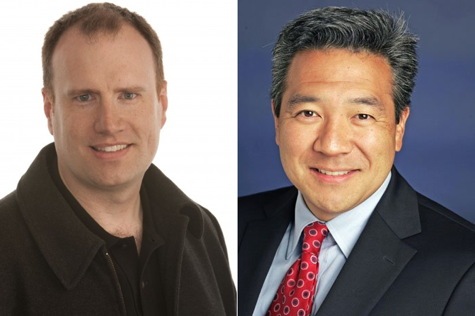
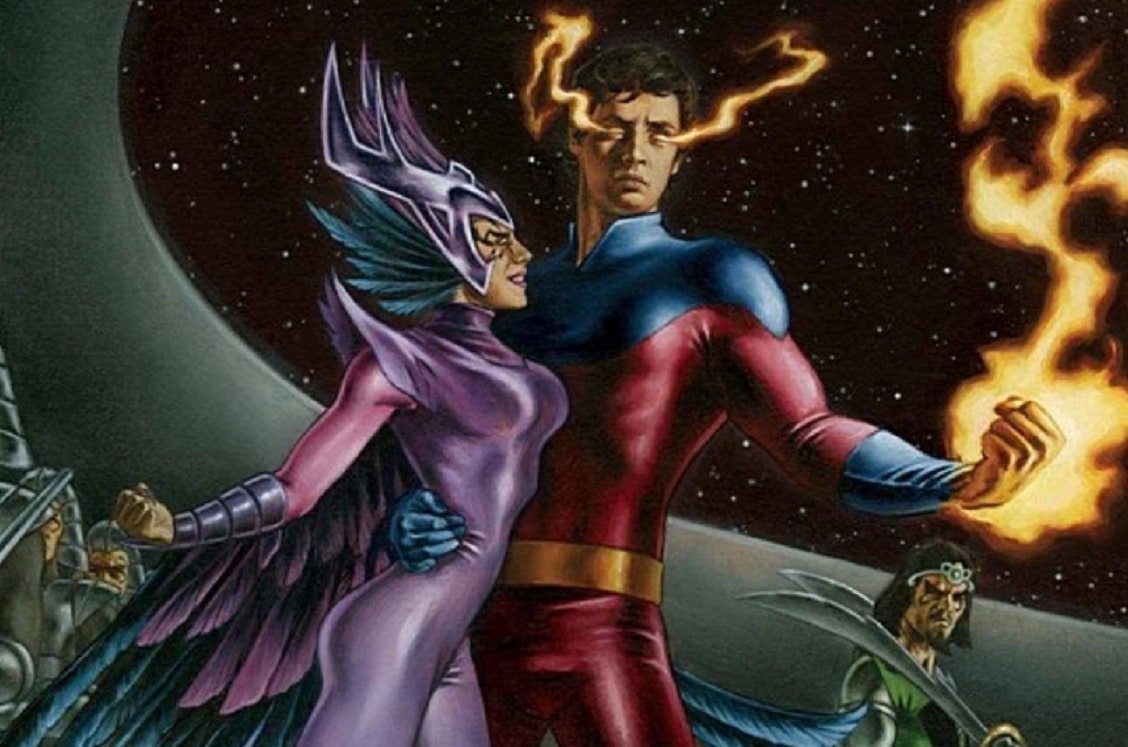
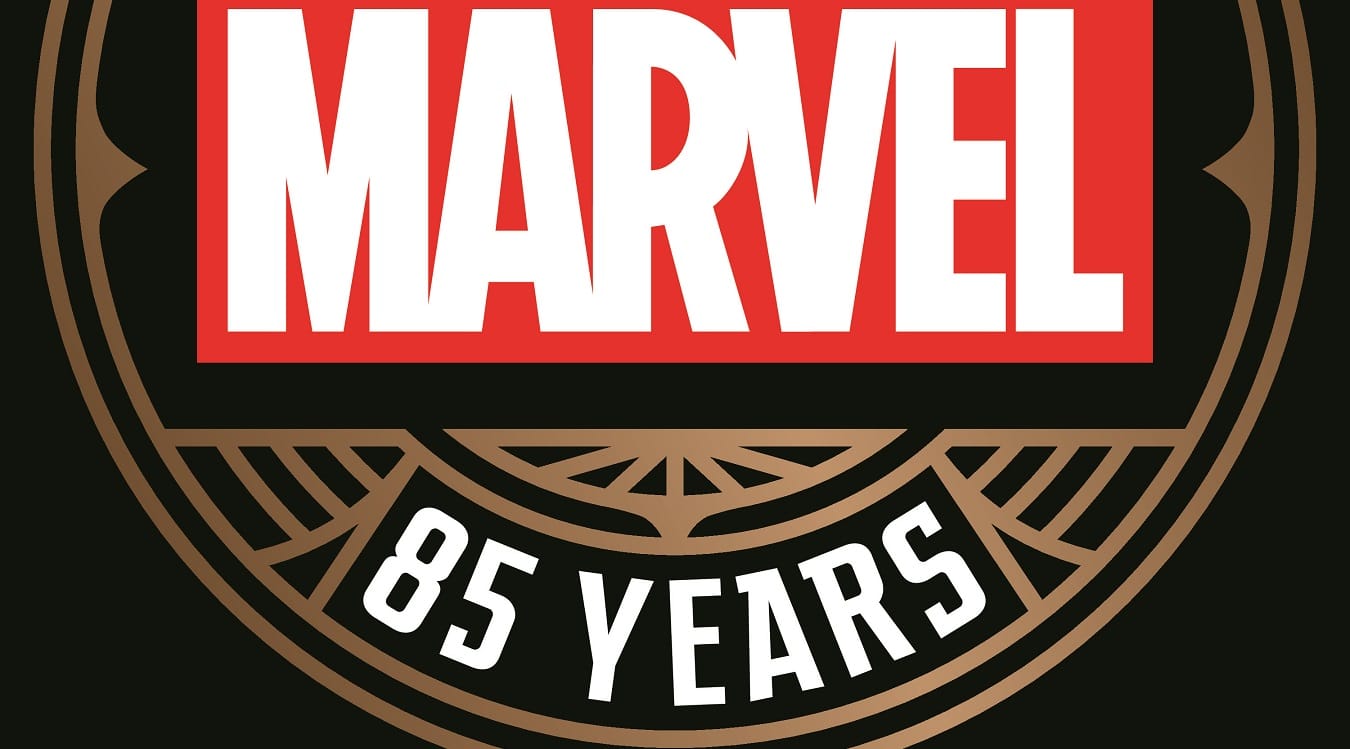
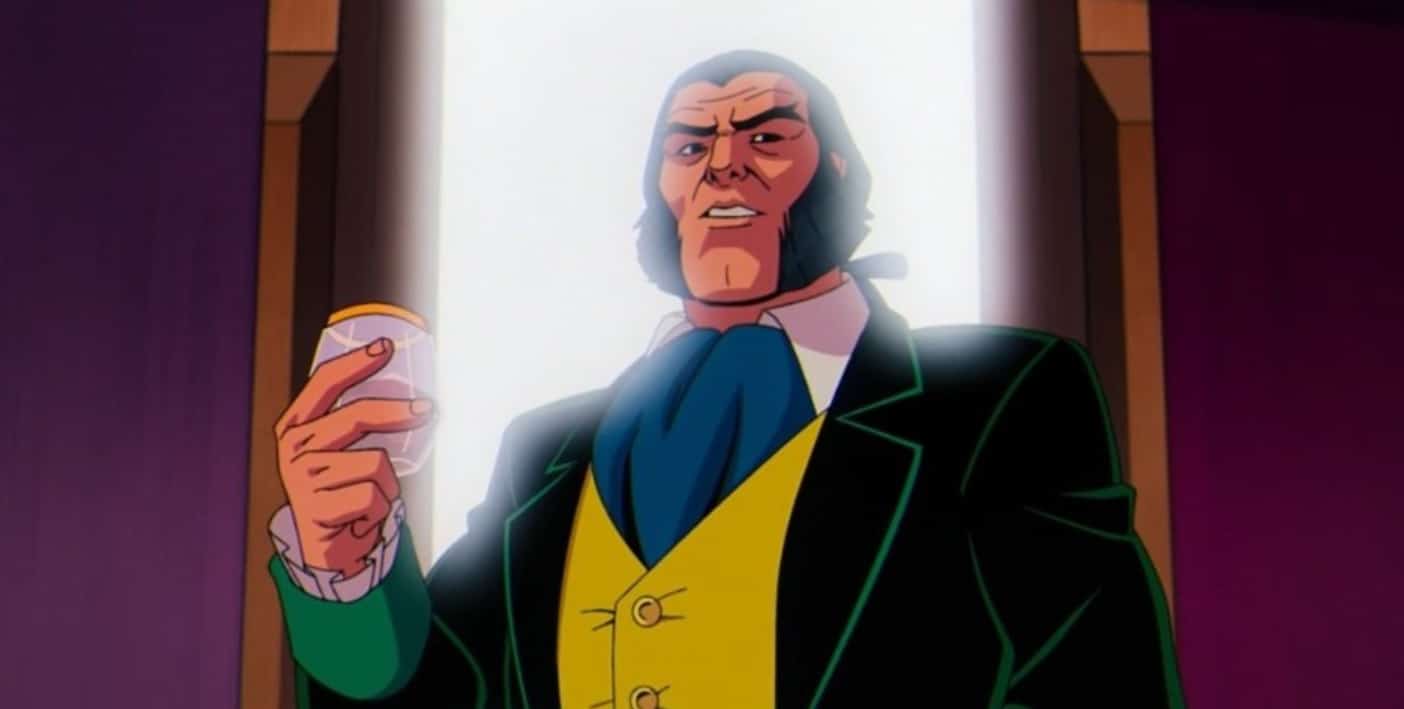
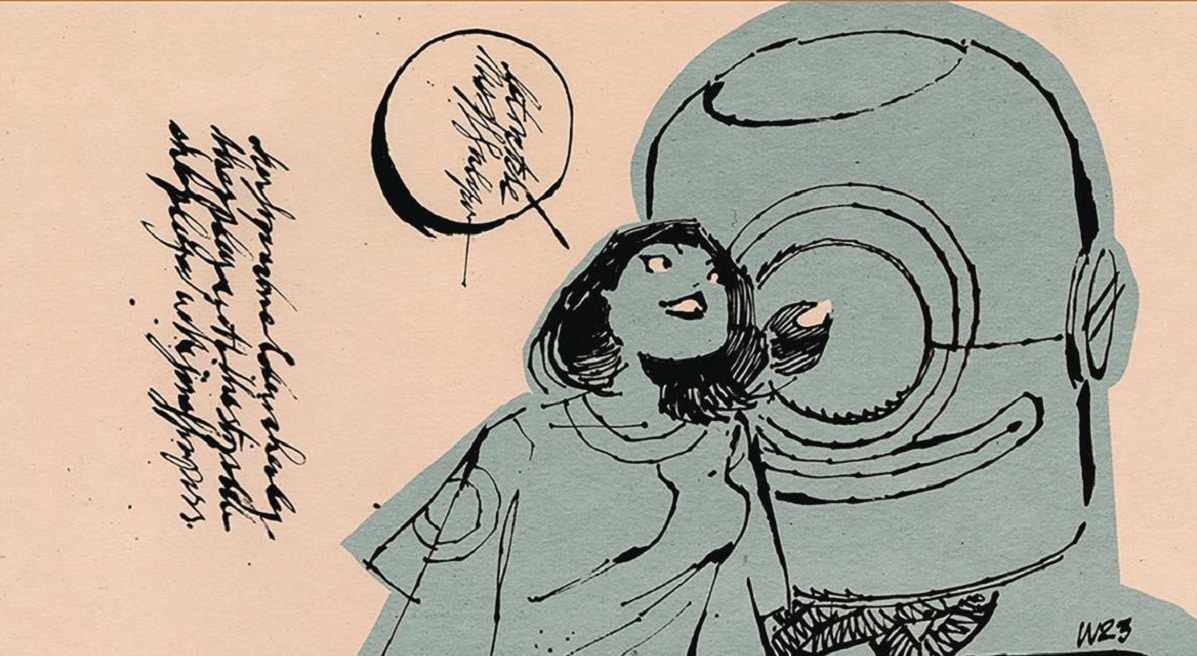

Comments are closed.